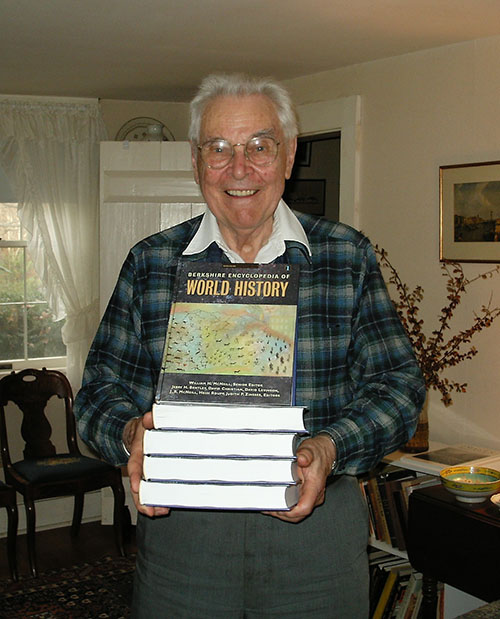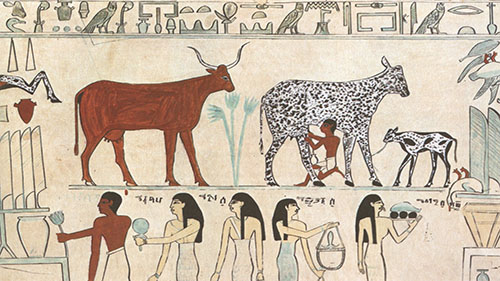
We love books here at the America’s Dental Bookstore Blog. Fiction, non-fiction, action, adventure, romance, epistolary, biographies, science, no matter the subject or genre, we love it. But we also love movies. Earlier this year we posted an article on our favorite espionage films. As the year 2014 has progressed, there have been a few films that have been released which are book adaptations. Unfortunately, most of these movies are adapted from young-adult fiction—a genre which by its nature tends to be ‘thin’ in terms of plot and characters. Some examples:
- Vampire Academy: Released February 7, based on the best-selling novel of the same name, this movie garnered an abysmal 10% on rottentomatoes. It also only grossed $15 million worldwide against a $30 million budget.
- Endless Love: Released February 14, adapted from a well-received novel by Scott Spencer, scored a 15% and a mere $20 million in box office returns.
- Winter’s Tale: Also released on Valentine’s Day, this movie was based on the novel of the same name—a novel which had received significant praise upon publication. In the process of making the movie, however, the book’s strengths failed to come through. The movie was panned and made only half of its budget back.
We’ll admit that adapting a book for film is certainly a difficult task. There will always be aficionados of the books who will find fault with the movie. There will always be film critics who won’t like how the novel’s words, characters or story translate to the big screen. That being said, it is not impossible to turn out a great movie adaptation of a book. Just take a look at our favorites and you’ll see that a book can be faithfully and effectively adapted for cinema.
No Country for Old Men
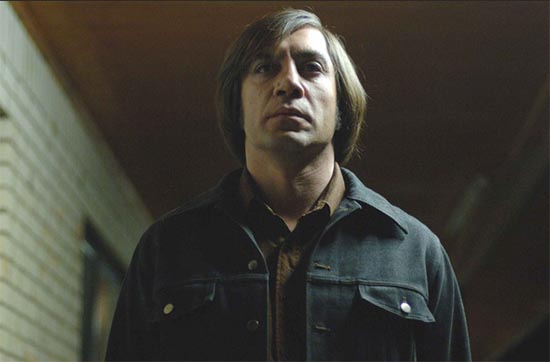
The Coen Brothers adapted Cormac McCarthy’s 2005 neo-Western novel into an equally bleak and arguably better-than-source-material movie. Winning Best Picture of 2007, No Country for Old Men made a masterpiece out of one of McCarthy’s lesser quality works. Don’t get us wrong: the book is solid, but when compared to The Road or Blood Meridian, it’s just okay.
L.A. Confidential
The source material for this 1997 film—James Ellroy’s 496 page novel—is not just long, but extremely dense. In order to cut his manuscript down, instead of removing plot lines or characters, Ellroy removed every unnecessary word from every sentence, creating a unique style of prose. With such a daunting task ahead of them, it would seem director Curtis Hanson and screenwriter Brian Helgeland were destined to turn out a lesser adaptation. Instead, their film garnered them 9 Academy Award nominations, a few wins, and really invigorated the careers of Kevin Spacey, Russell Crowe and Guy Pearce.
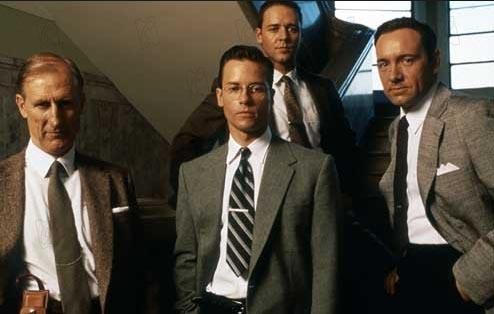
A Clockwork Orange
One of the most controversial films upon release, Kubrick’s adaptation of Anthony Burgess’s 1962 novella proved to be a classic in waiting. At the time, the film divided critics, but still managed to get a Best Picture nomination in the end. Over the years, however, critical reviews have shifted from divided to nearly universal praise. Kubrick’s films tend to be ahead of their time. A Clockwork Orange has become more relevant, according to some, due to its portrayal of violence as a glorified act, something that the media today all too often does.
The Godfather
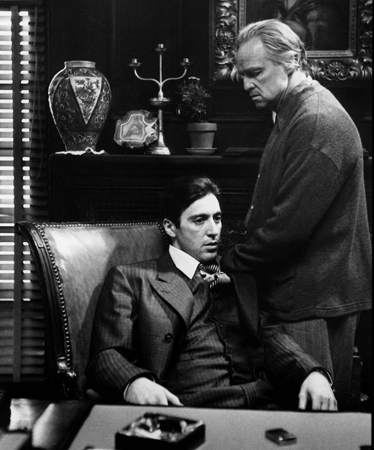
Mario Puzo’s novel is definitely great. It was one of the first best selling, if not original, novels about the Italian Mafia. Puzo’s book was more as a pulp/crime story than literature. When the novel became a success, Hollywood became interested. A number of directors were contacted, but many were busy with other projects. Finally, after Francis Ford Coppola‘s ideas for the adaptation, Paramount gave it the greenlight. Working with Puzo on the screenplay, Coppola created a work of art. Work a stunning cast including Marlon Brando, Al Pacino, James Caan, Robert Duvall, John Cazale, and Diane Keaton, the Godfather transcended Puzo’s source material. It has become not just the definitive mob movie, but one of the greatest films of all time.
Die Hard
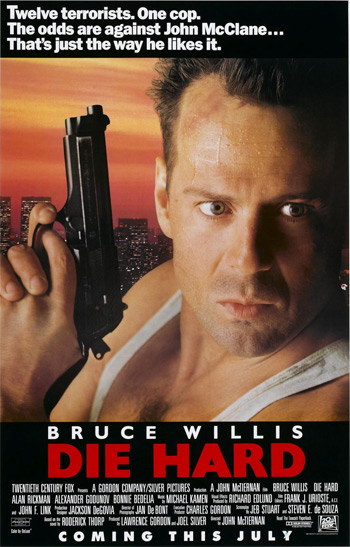
A lot of people don’t know that this late 80s action flick was based on a pulpy, thriller novel from 1979. Written by Roderick Thorpe, Nothing Lasts Forever follows retired NYPD Detective Joe Leland as he visits his daughter on Christmas Eve in Los Angeles. She works for Klaxon Oil Corporation in a 40 story building, which comes under siege by German terrorists. Like in the film, Leland (a.k.a. McClane) runs around barefoot, assisted by an LAPD Sergeant, taking out terrorists. The book, however, ends darkly with Leland most likely succumbing to his wounds. The movie, however, sees Bruce Willis and Alan Rickman go head-to-head, attempting to outwit the other though by using very different methods. Both are fantastic in their roles, elevating the movie to something for than just a shoot-em up.
